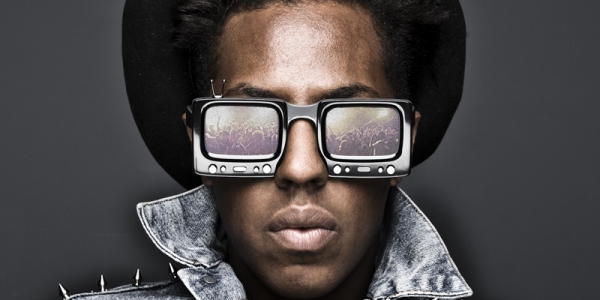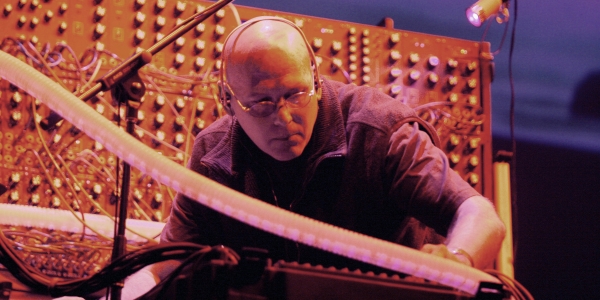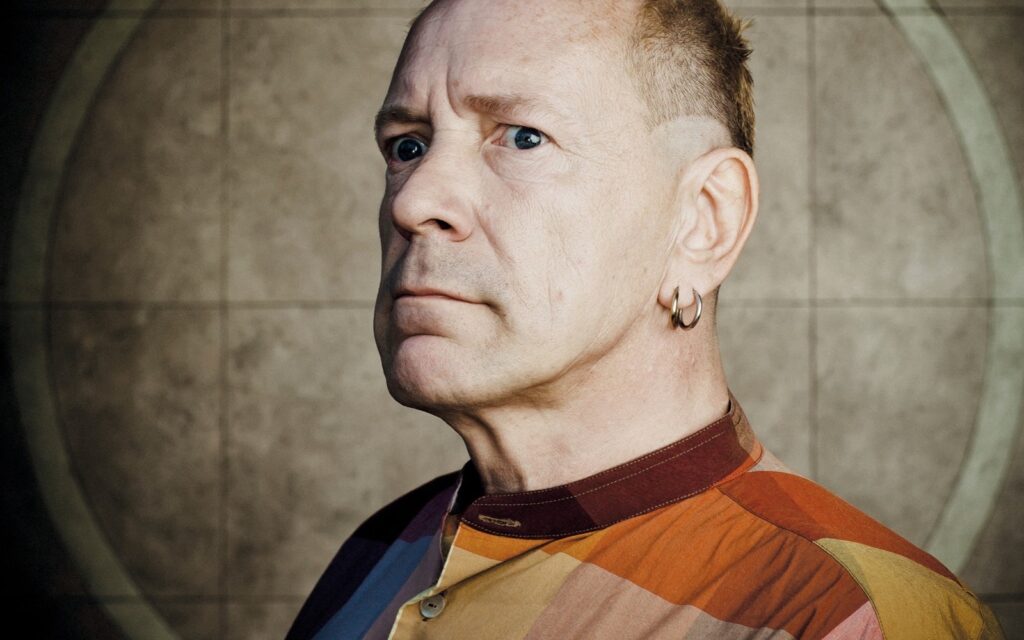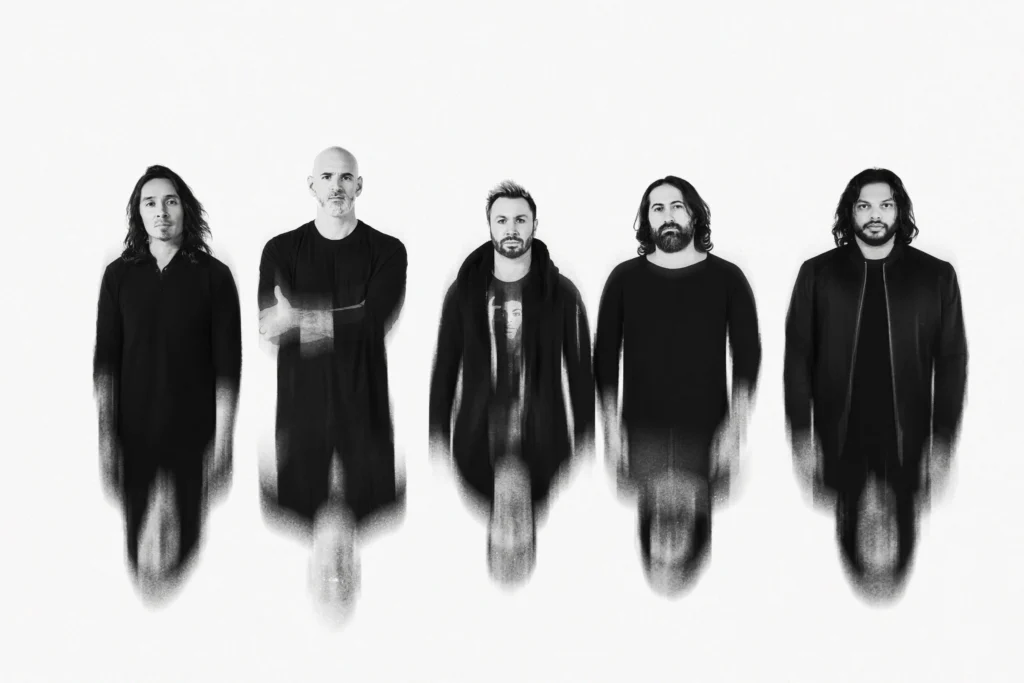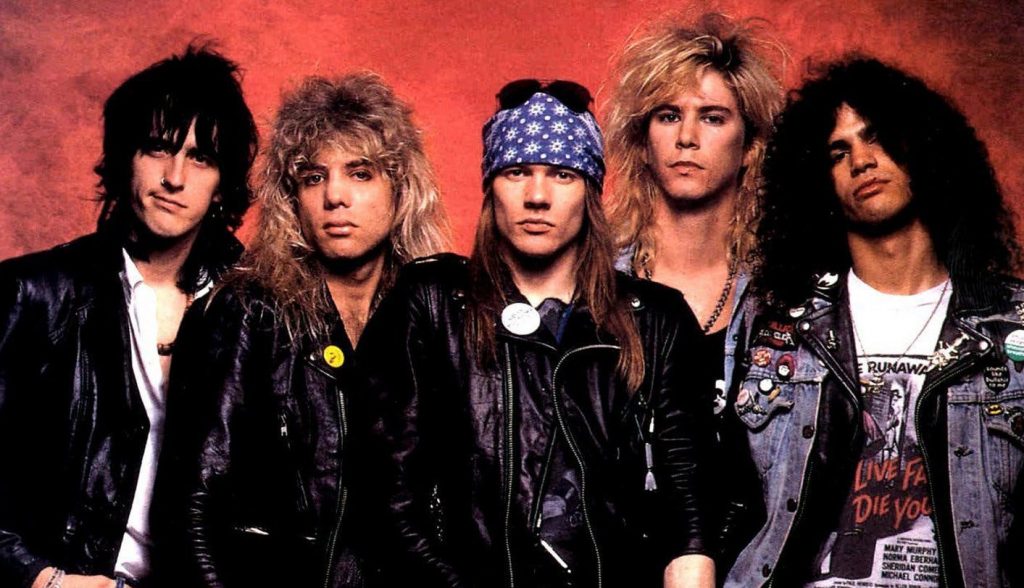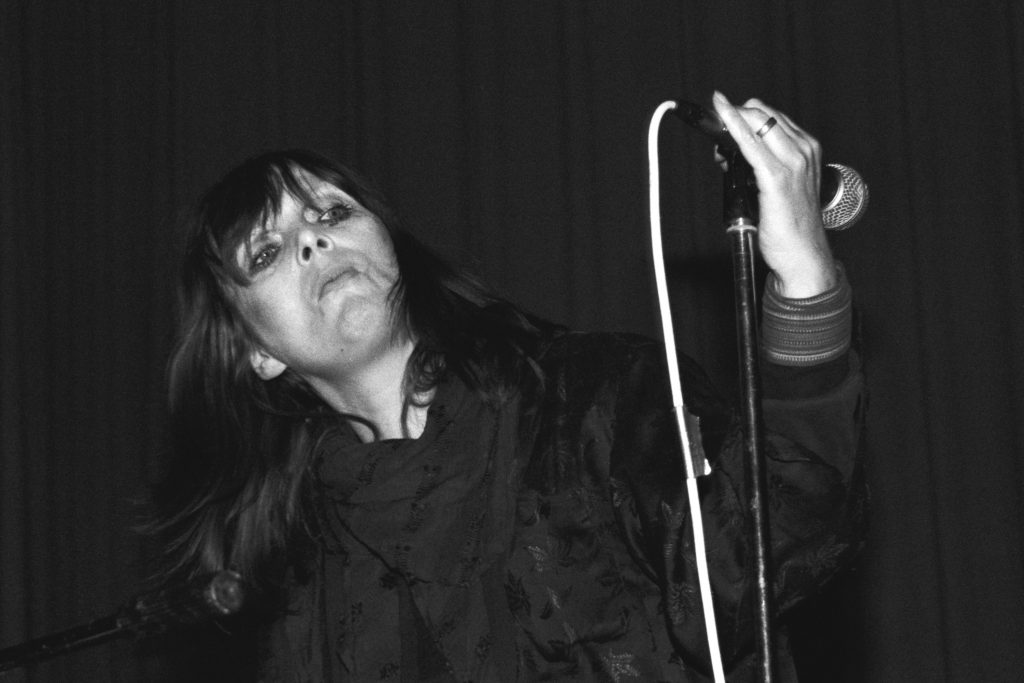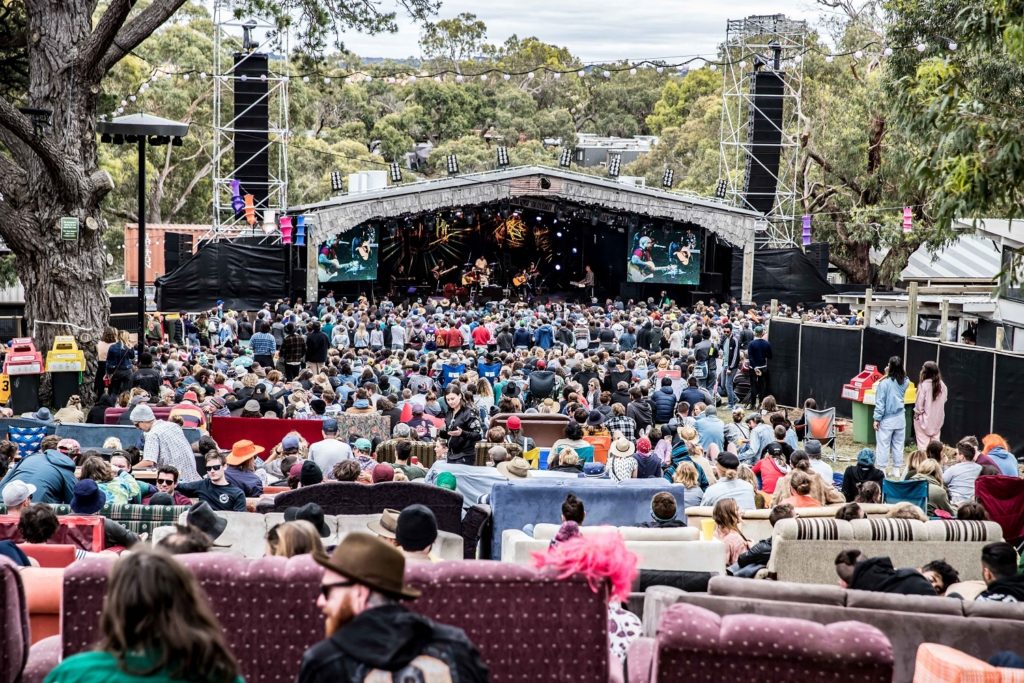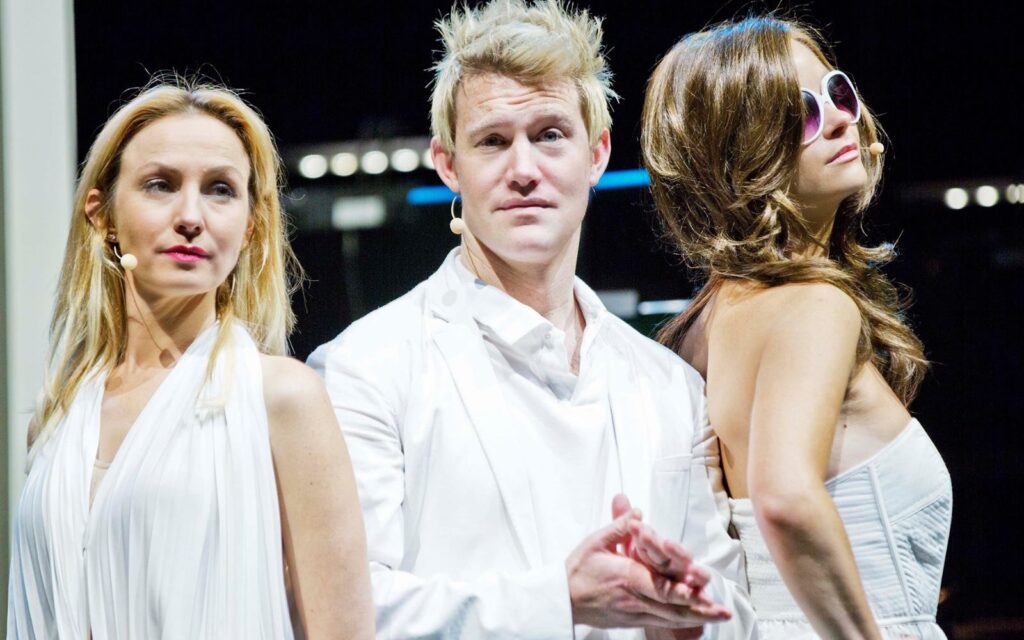“I’m singing a little bit more, not just rapping. That’s probably the most obvious thing,” Naeem states from the outset. “I think I’m still kind of living in the same space as when I made the YoYoYo… album. I think I know how to write a song a little bit better now – I know what song structure is, which is kind of cool. I have a lot of really amazing producers around me right now too, and I’ve got the opportunity to learn a lot and hopefully it continues to come out. Being able to go in with Mark Ronson, Boys Noize, XXXchange – it’s just getting better and better,” he states, listing the A-list production crew found on the liner notes of the new record. “As a producer, I feel like I might know what I’m doing now, where with YoYoYo… it was like this total freakout.”
With a brash aesthetic which reaches above and beyond the music, Naeem has seen his influence shine through in more ways than one in the years following his breakthrough. “I think I’ve seen my influence on music culture, but I still don’t think that anyone has accomplished or done what I’ve set out to do. I don’t think anyone’s produced what I’ve produced on this record either,” he assesses. “Even though they might be wearing the glasses, it doesn’t mean they really understand why they are doing it. They’re like, ‘Oh, this is cool now? OK, let’s just put these on,’ y’know? I don’t think I have too many peers.”
Though his peers may be few, one such likeminded artist makes a welcome guest appearance on Everything Is Boring… in the form of New Orleans bounce proponent Big Freedia. Though as Naeem humbly states, he’s a little uneasy to group Freedia with other artists he has influenced. “It’s hard for me to say, because I just think that Freedia is better than me. It’s like this fucking raw spirit and capability, being able to rock and MC a party, she’s just better than me. I just feel fortunate and lucky that I was able to connect and have the opportunity to work with Freedia and go in the studio, then being able to follow her around to all these different parties she was doing in New Orleans, just being a part of that scene. I’m so stoked that I got to play a part in championing her voice forward,” he muses. “I think it’s absolutely amazing that Freedia, a gay rapper who dresses very flamboyant, can be so powerful and so important to the community down there [New Orleans]. I know the hip hop, and the black community in general, is super late in this new civil rights campaign. I’m so happy I can be part of this new inspiration, this new voice in equality and music and culture in general,” Naeem raises.
It’s an interesting point, considering the narrative of misogyny which has ostensibly permeated rap culture for the past two and a half decades. While Spank Rock’s body of work is distinctly hyper-sexual, there are distinguishing characteristics which lend it to a form of expressive freedom, rather than any belying objectification. “I think people who live life not always thinking about themselves, thinking of community regardless of what you talk about when you want to express these thoughts on human nature, they always do it with a certain bit of sensitivity,” Naeem muses. “I think it’s really up to who’s saying it. I remember when The Fader did an interview with me and Uncle Luke from 2 Live Crew together – I got a chance to say to him that I never thought he was being misogynist, I thought that he was creating this wild, sexual environment. It felt like it was equal, I didn’t feel like it was threatening. Being at a party and seeing girls dancing to it, and the interaction I had with girls in Baltimore all felt pretty equal. Girls want to be at the party, girls want to shake their ass, girls want to get on stage. There’s a safe environment for them to have control over their sexuality. Thinking about your entire community, you give everyone a chance to be themselves in a safe place.”
